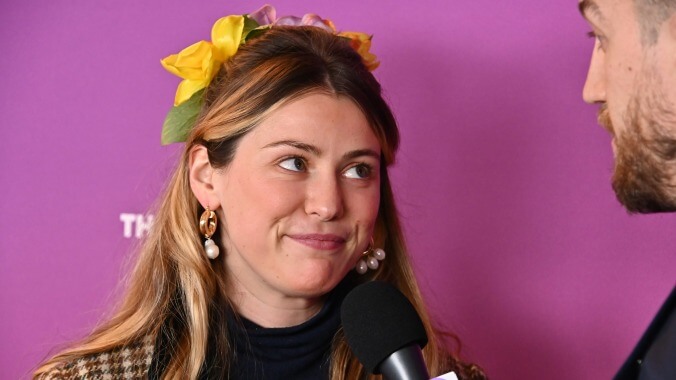Read these: The curious case of Caroline Calloway, in 2 eye-opening acts

Influencer culture can be perplexing, and so much of it can be fueled by how a public figure makes their audience feel, rather than the figure themselves (see also: the film Jawline). Caroline Calloway—a woman who has built a dedicated following via highly stylized photos with lengthy, essay-like captions on Instagram—has laid claim to a few titles, including artist and teacher. But many have been quick to also call her a scammer, based on a fairly disastrous creative workshop tour that (kind of) took place earlier in the year. Journalist Kayleigh Donaldson outlined the chaotic turn of events (or no events, all things considered) in a researched breakdown for Pajiba, “The Empty Mason Jar Of The Influencer Economy: The Case Of Caroline Calloway And Her Creative Workshop Tour.” There, Donaldson gathered a litany of damning posts that paint the picture of a poorly planned event, which promised things like orchid crowns, handwritten notes, lunch, and lessons on how to “cultivate” creativity for $165 per ticket. Instead, guests purchased spots before Calloway had, by her own admission, secured venues. “Calloway cancelled the events scheduled for Boston, Denver and Philadelphia, although this proved unsurprising given that Calloway had already admitted in earlier Instagram Stories that she had never gotten around to booking a venue for the Boston date, which was scheduled for [that] Sunday,” Donaldson explained before supplying a collection of informative tweets capturing Calloway’s attempt to spin the issue.








































